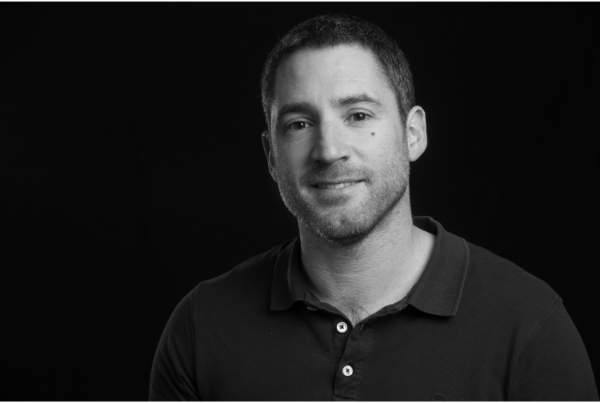Manuel Irimia obtained his PhD in 2010 at University of Barcelona investigating the origin of vertebrates at a genomic level. After two postdocs at Stanford University and University of Toronto, he joined the Centre for Genomic Regulation (CRG) in June 2014. He has been elected EMBO Young Investigator (2018) and obtained an ERC Starting Grant in 2014.
